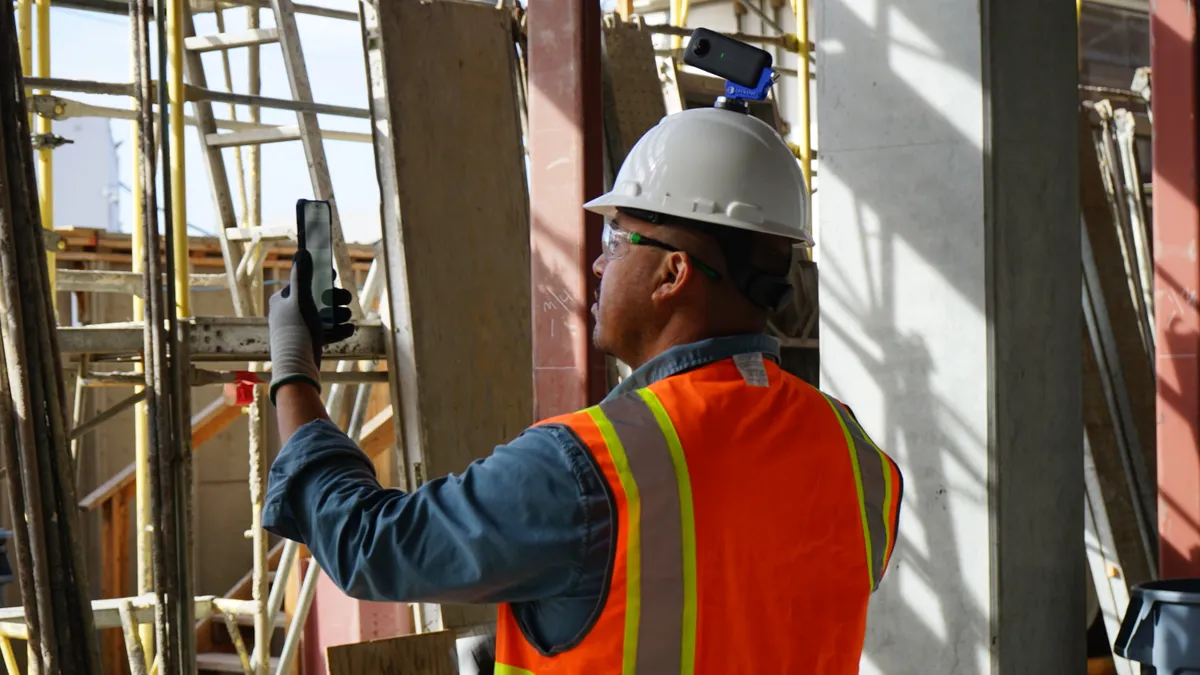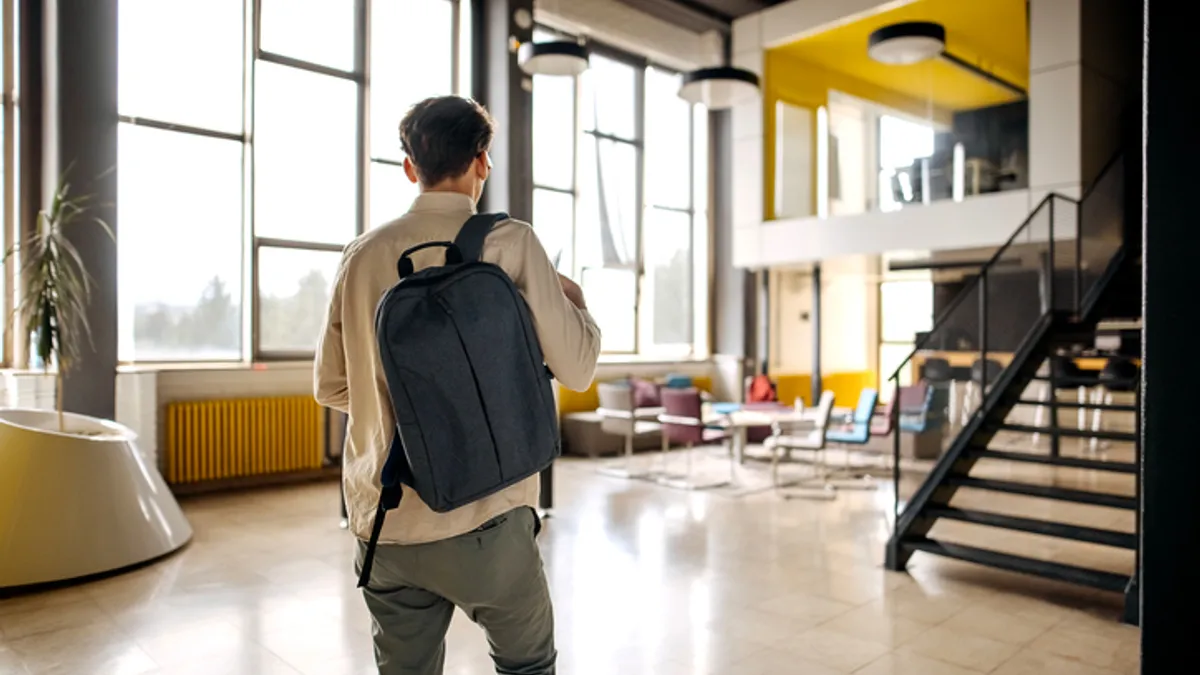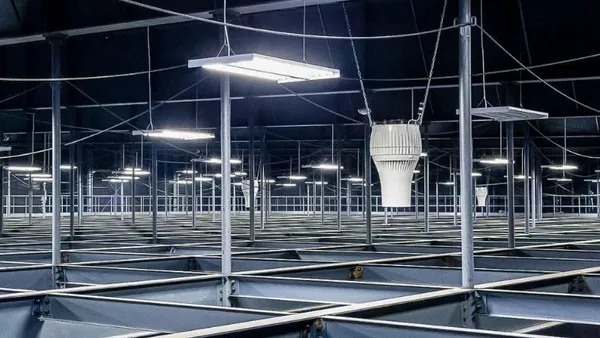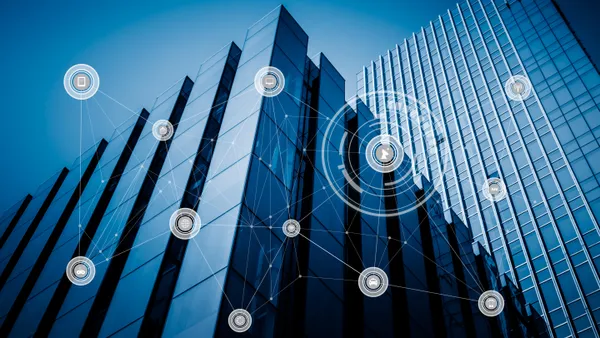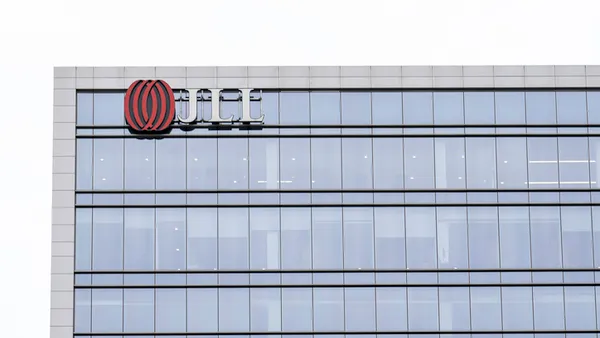Dive Brief:
- Matterport introduced a generative AI initiative across its digital twin platform, which applies the technology across infrastructures to promote energy efficiency, improve maintenance and ensure safety, according to a press release.
- Genesis is intended to combine deep learning and computer vision innovations into the company’s existing platform, where it will be integrated by the end of 2023.
- The adoption signifies AI’s movement throughout the facilities management sector as building operators continue to seek avenues for the technology to drive efficiencies.
Dive Insight:
As facility managers attempt to stretch their budgets, amid high inflation and labor issues, generative AI is increasingly being adopted to meet a growing demand for efficiency and a pressing need to reduce the time required to perform repetitive, mundane tasks. While building information models and digital twins were previously limited to static data, this initiative signals innovation in the market, enabling real-time updates across models, which can significantly enhance information exchange and drive cost reductions, according to a 2023 report in Energy and Buildings.
Matterport says Genesis will enable new design concepts, operational layouts and other space utilization requirements to be evaluated and customized for buildings of any size. The company notes that the project builds on its 3D spatial data library of more than 30 billion square feet of digitized physical space, giving customers the information they need to drive decisions and operation strategies on every type of property.
Matterport says the AI-driven initiative will also provide insights around energy efficiency, maintenance and repairs, and safety and security. These include strategies to reduce energy consumption, proactively alerting users to common maintenance and repair issues while identifying potential safety and security risks for buildings such as fire hazards or building code violations.
“Matterport is highly focused on delivering advanced AI capabilities across the digital twin platform to unlock new capabilities and upend how we manage property and space in the built world. This will greatly simplify property marketing, space planning, construction, property management and maintenance for all of our customers, old and new,” CEO RJ Pittman said in the release.
Accenture and Mars are also applying AI in digital twins, first trialing it at some of its manufacturing plants, beginning in 2020 to drive efficiencies at its plants. Both companies are now rolling it out to global facilities.
Accenture said that by feeding the digital twin with real-time data, Mars can predict and optimize production processes and equipment performance to cut repair costs and reduce waste. The candy giant also said that the technology, when applied to its manufacturing plants, enables it to simulate and validate the results of factory adjustments before allocating resources to changes in the physical space.



